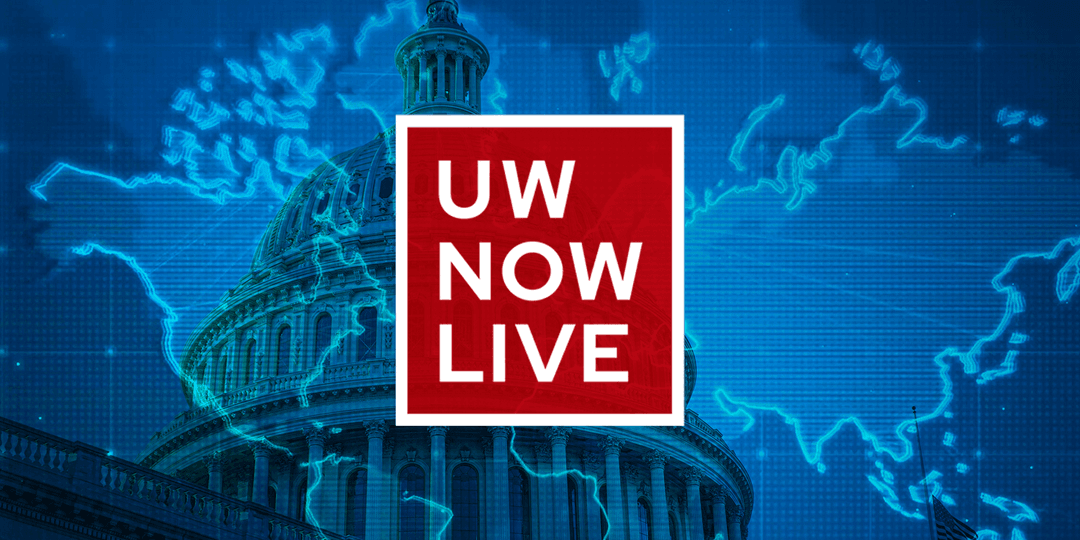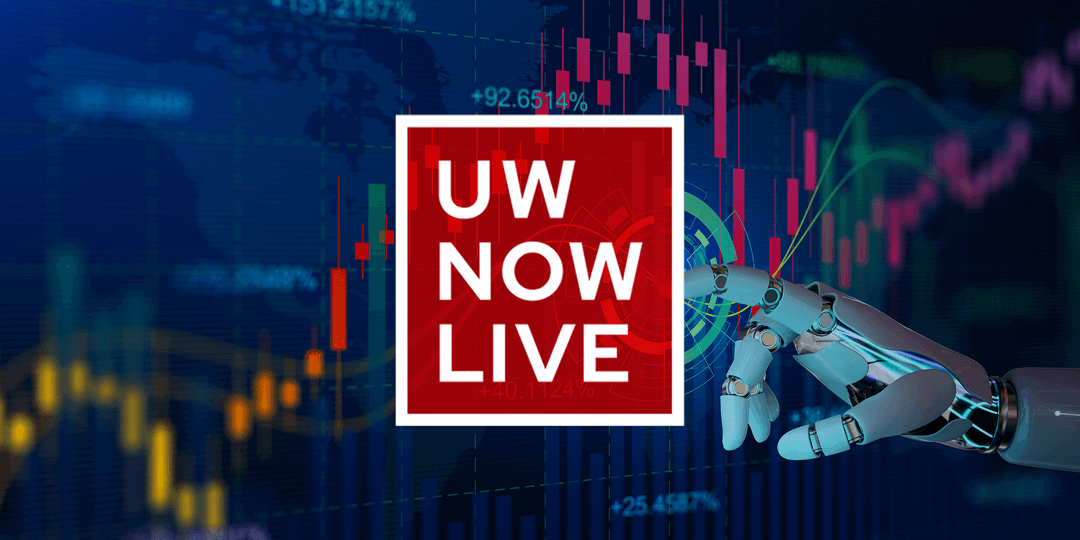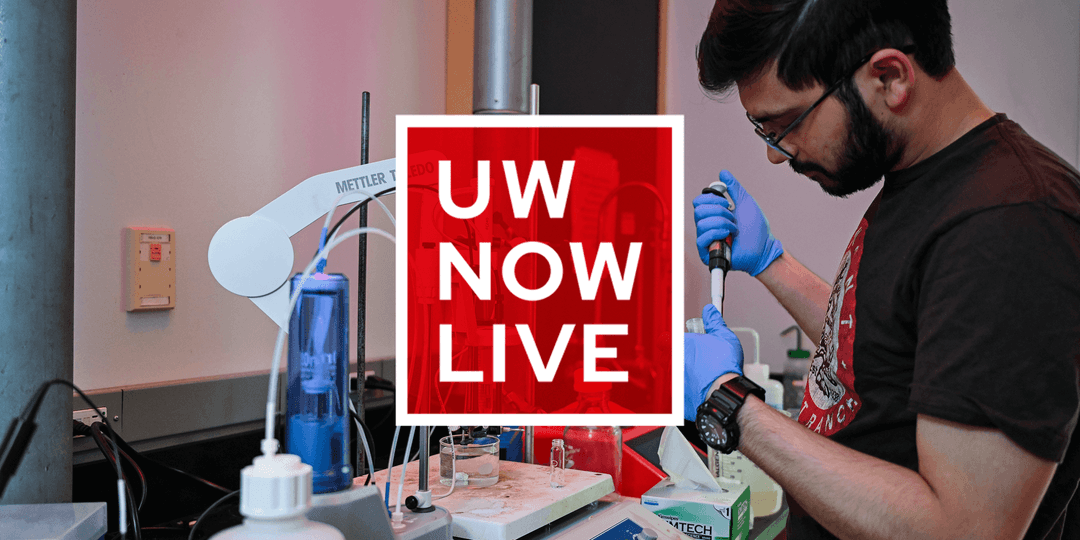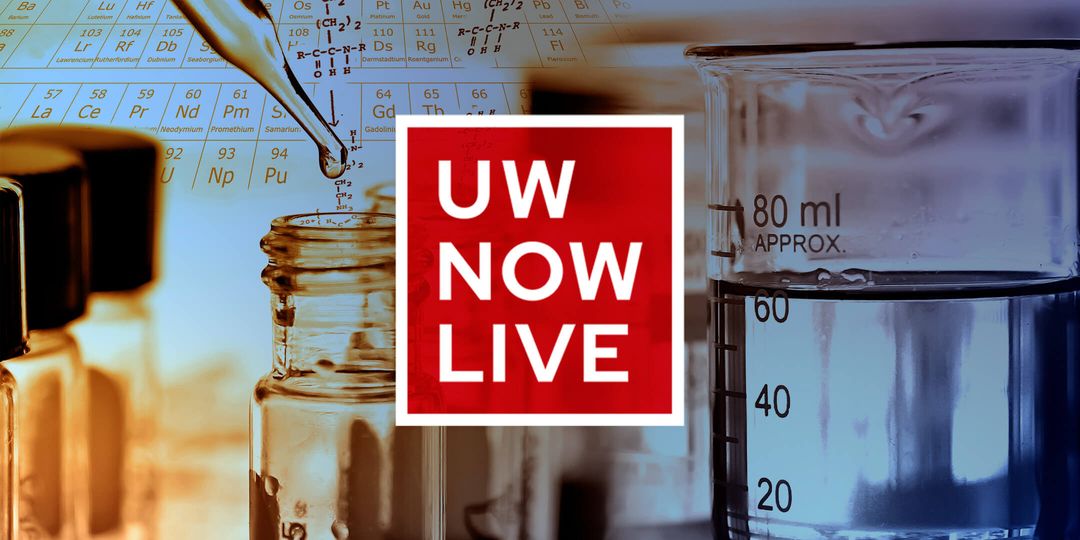The last time Charles Franklin and his team released a Marquette Poll, it was June 26. President Joe Biden held a slight lead over Donald Trump among Wisconsin voters, and voter enthusiasm was low.
The next day, Biden had a disastrous performance in a debate against Trump, and members of his own party began calling for him to withdraw. Later, a gunman fired on a Trump rally, injuring the former president. Then there was the Republication National Convention, during which Trump named Senator JD Vance as his running mate. Then Biden dropped out of the race and endorsed his vice president, Kamala Harris. All of this happened before Franklin’s team began to conduct the next Marquette Poll — a span of just one month.
“In the previous poll, Biden and Trump were about tied, or Biden was a little ahead,” Franklin said. “Now Harris and Trump are about tied, or Harris is a little ahead. But it’s not like it was 50-50 then and it’s 50-50 now and nothing’s changed. Oh, no. Everything has changed.”
Franklin was a professor of political science at UW–Madison from 1992 to 2013, when he joined Marquette. His polls have become the gold standard for gauging the mood of a purple state. The online poll aggregator FiveThirtyEight.com lists the Marquette Poll as their third best in the nation, the only poll to score a perfect 10 for transparency.
On the August 13 episode of The UW Now Livestream, Franklin will join WFAA CEO Mike Knetter to discuss the results of the latest poll, which was released on August 7.
Chief Area of Research:
My PhD is in political science and my specialties were survey research, public opinion, and political methodology — advanced statistical methods. My teaching career blended those things with a heavy emphasis on graduate training in statistics and undergraduate teaching in elections and public opinion.
Tonight on The UW Now Livestream, I’ll Discuss:
The new poll is the big story, but the background, of course, is the unprecedented changes. I hate to keep using that term, but these things really hadn’t happened before. The debate was by far the most consequential debate ever. We thought Gerry Ford saying Eastern Europe is not under Soviet domination in 1976 was a big blunder, but it was nothing compared to what happened with Biden. And then the consequences were like nothing that’s ever happened.
The Main Thing I Want Viewers to Remember Is:
It’s a very close race. By one measure, it’s 50-49 Trump. By another, it’s 50-49 Harris. By another, it’s Harris by two points. In this new poll, we ask people, hypothetically, if Biden had stayed in the race, who would you have voted for? And with that question, Trump leads by four or five points, and that is really the recovery that you see with Harris. Voter enthusiasm is up by about 15 points among all voters and among Democrats by about 20 points. And then there’s the decline of the third-party candidate. Kennedy has gone from 16 percent to 13 to eight. Whether he continues to go down from there is an open question.
What’s Changed since the First Time I Was On:
That was November 2023, and the presidential race hadn’t really started yet. We could talk about the collapse of Ron DeSantis or Trump going from a weak candidate to a strong candidate, but I don’t know that those stories are important anymore.
To Get Smart Fast, Read:
The Marquette Poll, and remember that we post in reverse chronological order, so the most recent polls are at the top. Right now, that’s our national poll about the Supreme Court and then our national poll about the election. You have to go down to the third poll, which we released Wednesday [August 8] to get the state poll.



